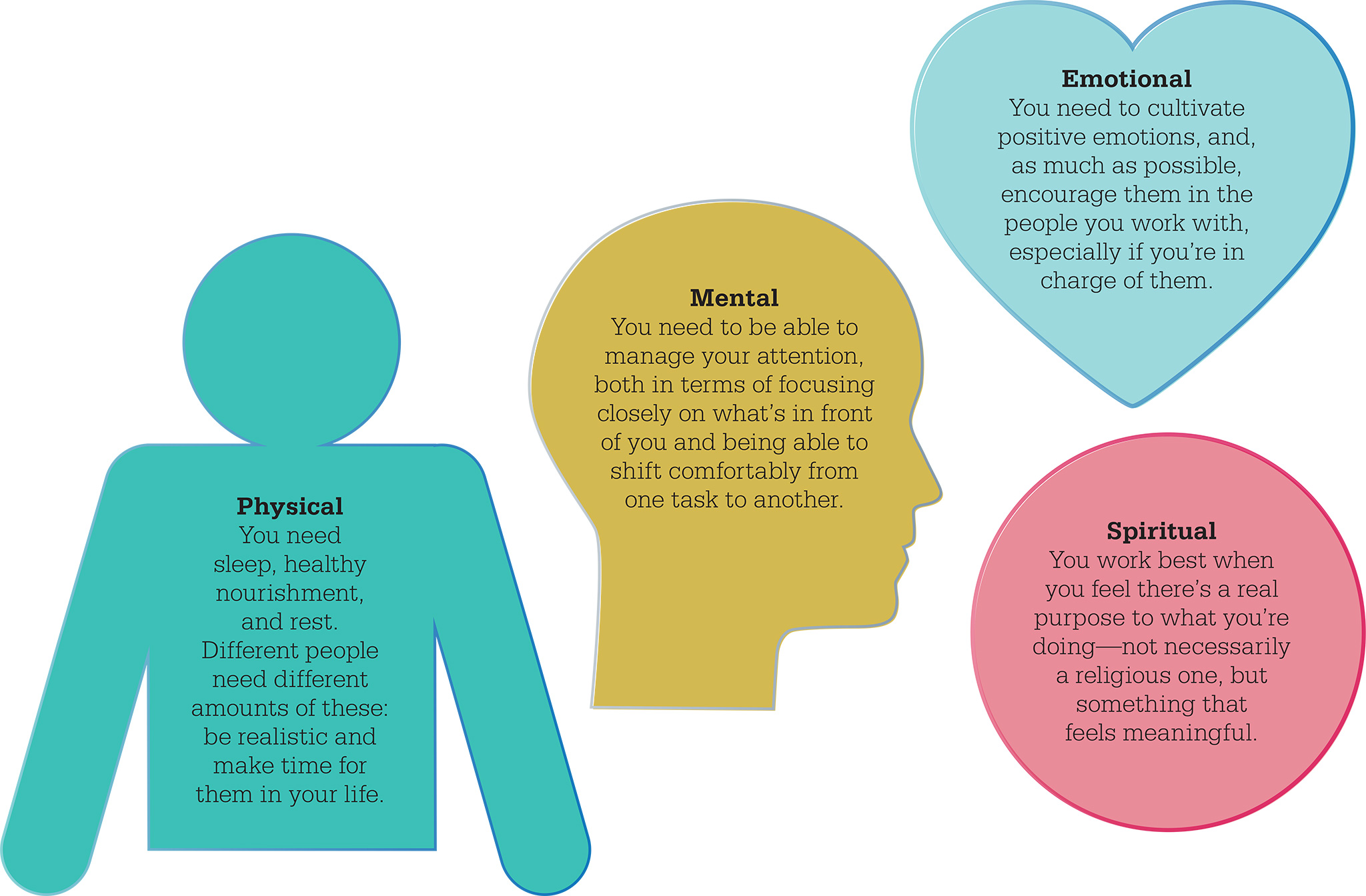
If you drive an animal to exhaustion, it’ll collapse. No matter how clever we are, we’re still living, breathing, earthbound creatures: never forget that you need to create a pace you can sustain.
We’re all different, and some of us tire more easily than others. When gearing up for what you need to accomplish each day, don’t forget to look after yourself, too.
Flexing your willpower
Resisting temptations, sticking to unpleasant tasks, and ignoring distractions is something we all need to manage, and if we have to do too many of these things at once, our willpower weakens. This is known as “ego depletion.” Psychologist Roy Baumeister found that subjects asked to resist chocolate and eat radishes instead were quicker to give up when asked to solve impossible puzzles, and people told to suppress their emotions became worse at solving anagrams. Willpower seems to be a finite resource.
An exception to the rule…
Ego depletion theory does come with some caveats. Subsequent studies have found fault with the data, and other researchers have found that subjects’ beliefs could influence their willpower: those who believed in ego depletion gave up quicker than those who didn’t. Meanwhile, a 2012 study by psychologists Michael Inzlicht and Brandon J. Schmeichel found that subjects suffered less depletion when told the study would help develop therapies for Alzheimer’s patients. So far, the evidence is controversial, but suggests that, if nothing else, motivation has a strong effect on our energy levels. If you have a tiring task to perform, your best strategy may be to find a reason to believe it will do some good.
 the Four dimensions of energy
the Four dimensions of energy
Take a tip from productivity consultant David Allen and The Energy Project CEO Tony Schwartz: think of your energy in four dimensions. They add that it’s risky to try and run ourselves like machines, fast and continually: human beings perform better when they have periods of activity followed by periods of rest. Working flat out is often less efficient than it looks.

 keep on the level
keep on the level
There’s a new slang word, “hangry,” used to describe someone who is angry because they’re hungry, and there’s good science behind it. When our blood glucose falls too low, our systems release more adrenaline, the “fight or flight” hormone, and release more neuropeptide Y, which stimulates aggression. If you want good working relationships, don’t skip breakfast!
how much sleep do you need?
Forget the superhumans who can supposedly get by on three hours a night; most of us need considerably more. The National Sleep Foundation recommends the following amounts—you may find you need more, or less:
| Age | Recommended hours per night | Range that might be appropriate for you |
| 14–17 | 8–10 | 7–11 |
| 18–25 | 7–9 | 6–11 |
| 26–64 | 7–9 | 6–10 |
| 65 and older | 7–8 | 5–9 |
